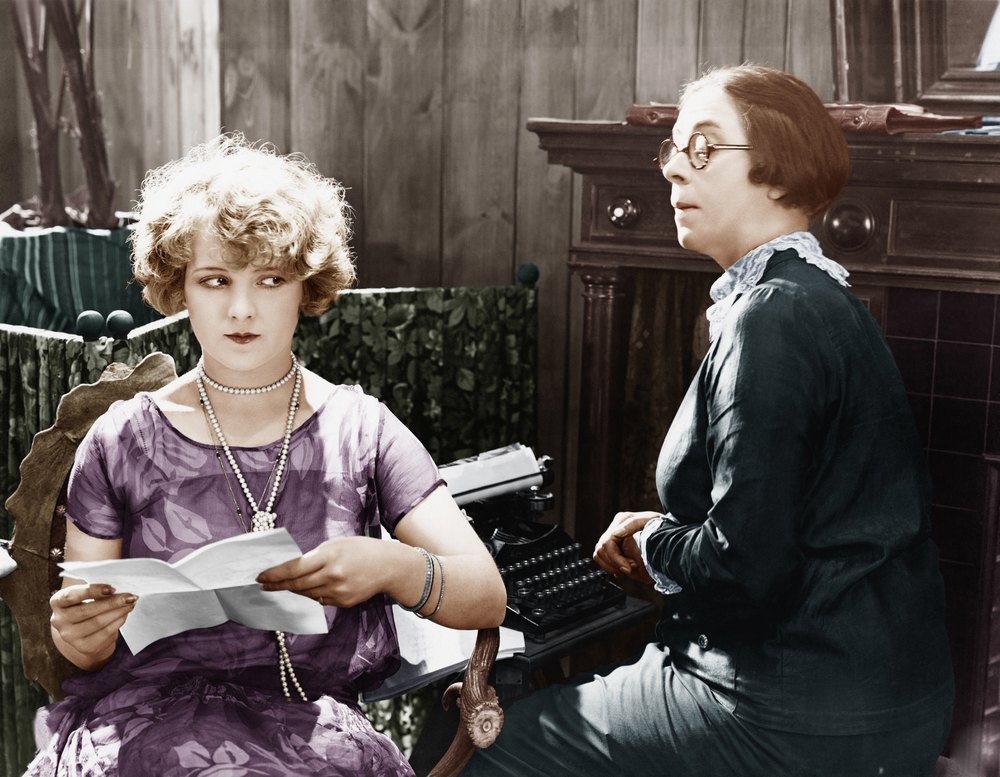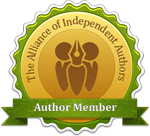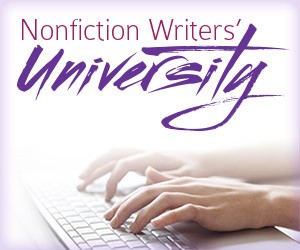
A sequel, or perhaps prequel to: 15 Ways to Fall in Love with Writing [All Over Again]
“Why are we reading if not in hope that the writer will magnify and dramatise our days, will illuminate and inspire us with wisdom, courage, and the possibility of meaningfulness, and will press upon our minds the deepest mysteries, so we may feel again their majesty and power?” Annie Dillard famously wrote.

Like so many writers, reading is what inspires, and drives my writing, as well as the deep love of storytelling. Despite this fervent appetite for books, I can be both halted, and enchanted by a single sentence in an instant—the need to then write is as impulsive as the love of it.
A certain phrasing, exquisite metaphor, and I’m furiously scribbling in a notebook or tapping the keys into Evernote. “Reading usually precedes writing and the impulse to write is almost always fired by reading. Reading, the love of reading, is what makes you dream of becoming a writer,” said author and essayist, Susan Sontag.
Reading to Expand Your Craft
Reading expands your craft, enables you to learn the concepts of storytelling, about style, tone, the voice of other authors, and it’s this exposure that brings insight, and inspiration. “Reading—the good and the bad—inspires you,” says novelist, and author of the brilliant Nail Your Novel series, Roz Morris.
“It develops your palate for all the tricks that writers have invented over the years. You can learn from textbooks about the writing craft, but there’s no substitute for discovering for yourself how a writer pulls off a trick. Then that becomes part of your experience.”
Read, Read Widely

Do not limit yourself to only authors you love. Read widely. Some writers prefer to avoid this for the ironic reason that it might affect their own voice in their fiction but the influence of reading a great, eclectic fusion of prose quickens your skill, and love for writing more directly than any other means.
Reading to Inspire Your Writing
“How I learned to write was basically my love for writing and reading, and I would try to emulate the writers that I loved, and I tell people that,” says author Cheryl Strayed. “I can’t sit down and explain to someone how to write a sentence, but I tell people to read a lot of good sentences until they’re basically in your bones and you can create one yourself.”
-
Read passages of your favourite stories, books, authors. One technique I mention in this post to inspire your fiction, is to use those passages to improve your craft. Read more here.
-
Read poetry, short stories, vignettes, and other prose. Read reviews, and literary criticism too.
-
Read a wide range of fiction, and authors who are typically different from those favourites, from the humblest vignette to the grandest epic novel.
-
Read literary journals—For a few I love to get your fiction muscles flexed (click for link): Fiction at the The New Yorker, The Paris Review, Tin House, The Threepenny Review, McSweeney’s Quarterly, Vine Leaves Literary Journal, Camera Obscura, Literary Mama, Glimmer Train, Crazy Horse, The Atlantic, Caketrain, Black Warrior Review, The Sun Magazine, One Story. Actually *writing break screech* far too many to list for you here.
-
Instead, feast your literary-loving eyes on this list of Top 50 Literary Magazines, this one from Write Habit – Literary Journals, or the Literary Magazines and Journals Database at Poets & Writers, and these 9 Literary Magazines for New and Unpublished Writers – Aerogramme Writers’ Studio.
-
Also check out Spontaneity, though not technically a literary journal but a fusion of creativity wherein you respond to art/prose/poetry/photography in whichever medium you’re moved to.
Reading to Submit Your Writing

I also love The Word Factory, which regularly offers writers a list of current submissions, dates, and guidelines too, so if after reading some delectable prose, you feel moved to write, submit. That in itself is incredibly affirming for yours a writer, an inspired writer who’s writing no less.
Know that rejection is part of the process too, and that even the most gifted authors on earth have had rejections, bad reviews too. My favourite quote on such things, and remedy too is from a letter to critic Ruldolph Louis, written by author Max Reger. “I am sitting in the smallest room of my house. I have your review before me. In a moment it shall be behind me.”
If You’ve No Time to Read

Despite author Stephen King famously saying that if you’ve no time to read, you’ve no time to write, watching films is a fantastic way to both inspire, and enhance your fiction. “I watch a lot of films to refill the story well,” says Roz Morris.
“The disadvantage with books is that reading takes time—especially if, like me, you can be bamboozled by a beautiful sentence. But the average movie is ninety minutes to two hours. In that time you can get an entire story under your belt. I get a lot of my storytelling ideas from films.”
“Why are we reading if not in hope that the writer will magnify and dramatise our days, will illuminate and inspire us with wisdom, courage, and the possibility of meaningfulness, and will press upon our minds the deepest mysteries, so we may feel again their majesty and power?” ~ Annie Dillard
If you enjoyed this post, feel free to share the love. ♥
For more 15 other ways to fall in love with writing again, read the sequel or prequel, to this post here: 15 Ways to Fall in Love with Writing [All Over Again]





I have read this article with keen interest. Truth is, the more your read, the more you sharpen your writing skills. We indeed write what we know. Also the ’15 Ways to Fall in Love with Writing’ provide the complete answer.
Thanks, Jesse. So happy you enjoyed both these pieces — one became its own post as a little too weighty to fly solo! Completely agree, reading is the finest way to learn how to write/better your craft, though being such a bibliophile, need no reasons to disappear into books. 😉 Happy writing!